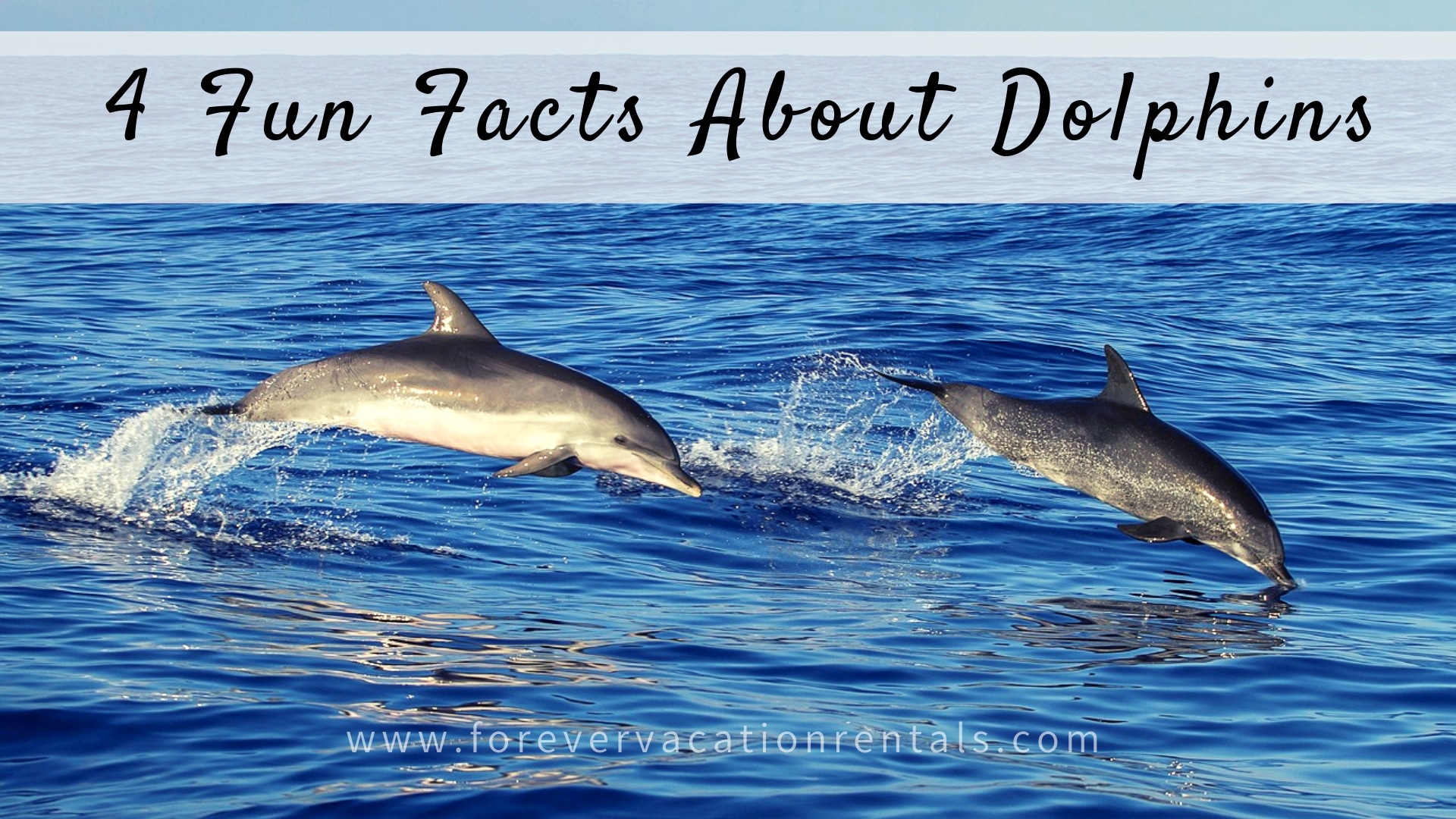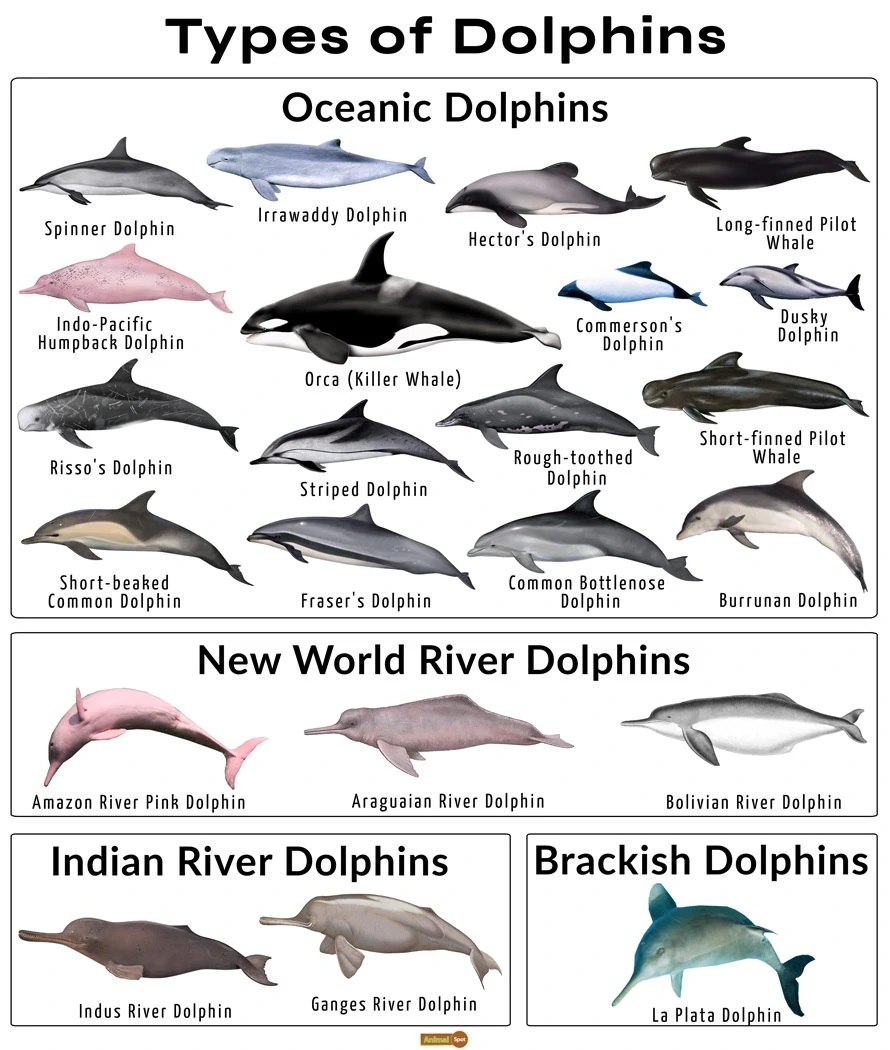Discover Fascinating Dolphin Facts That Will Impress Your Buddies
Discover Fascinating Dolphin Facts That Will Impress Your Buddies
Blog Article
Study the Sea: Exciting Dolphin Realities for Sea Lovers
The globe of dolphins provides a fascinating junction of intelligence, social actions, and eco-friendly relevance. From their complex communication approaches to their impressive analytic abilities, dolphins challenge our understanding of pet intelligence.
Dolphin Types Variety
Diversity is a characteristic of the dolphin family, incorporating a vast array of types that exhibit unique physical characteristics, habits, and habitats. The household Delphinidae, commonly called oceanic dolphins, makes up about 37 types, each adjusted to particular eco-friendly niches. As an example, the bottlenose dolphin (Tursiops truncatus) is renowned for its intelligence and versatility, flourishing in both open and coastal sea settings.
In contrast, the whale (Orcinus whale), often referred to as the killer whale, is the largest member of the dolphin household and is identified by its striking black-and-white pigmentation. Orcas show complex social structures and hunting methods, showcasing the behavioral variety within the family. Other species, such as the spinner dolphin (Stenella longirostris), are noted for their acrobatic displays and preference for warmer waters, highlighting the adaptability of dolphins to various marine ecological communities.
In addition, river dolphins, consisting of the pink river dolphin (Inia geoffrensis), inhabit freshwater atmospheres, additionally highlighting the wide-ranging habitats that dolphins inhabit. Dolphin Facts. This incredible variety not just enhances aquatic communities however likewise emphasizes the significance of conservation initiatives to shield these impressive animals and their atmospheres
Social Habits and Communication
The intricate social actions and interaction techniques of dolphins are crucial elements of their existence, assisting in group cohesion and enhancing survival. These very smart marine mammals exhibit facility social frameworks, commonly developing pods that can range from a few individuals to over a hundred. Within these teams, dolphins participate in actions such as participating hunting, social play, and mutual protection, which promote strong bonds among members.
Dolphins make use of an innovative selection of articulations, including clicks, whistles, and body language, to convey information and share feelings. Their trademark whistles function as one-of-a-kind identifiers, similar to names, allowing individuals to call out to one an additional. This vocal communication is complemented by non-verbal signals, such as jumping, slapping the water, and synchronized swimming, which even more boosts their communications.

Unique Feeding Habits
One-of-a-kind feeding routines define dolphins, showcasing their adaptability and knowledge in numerous marine environments. These aquatic animals are understood for their diverse diet regimens, which mainly contain fish, squid, and shellfishes. Their hunting techniques can differ substantially, commonly tailored to the details victim and environmental problems.
One noteworthy approach is participating hunting, where dolphins operate in teams to herd schools of fish right into tight developments, making it simpler for people to catch their dish. This social behavior not just enhances their feeding performance however also strengthens social bonds within the shell. In addition, dolphins have been observed using a technique called "fish-whacking," where they utilize their tails to stun or disorient fish, facilitating less complicated capture.
Another remarkable feeding habit is echolocation, which enables dolphins to detect victim also in murky waters. By sending out acoustic waves and analyzing the returning echoes, they can determine the dimension, shape, and place of their targets. This impressive ability highlights their flexibility in various environments, from superficial coastal areas to much deeper oceanic waters. In general, the one-of-a-kind feeding habits of dolphins highlight their role as proficient killers within the marine environment, showing both intelligence and resourcefulness.
Intelligence and Issue Fixing
Their intelligence is noticeable in their problem-solving skills, social communications, and capacity for knowing. Study has actually demonstrated that dolphins can utilize tools, such as utilizing aquatic sponges to shield their rostrums while foraging on the seafloor.
Moreover, dolphins show innovative communication skills, employing a complicated system of clicks, whistles, and body movement. Dolphin Facts. This interaction is essential for coordinating team tasks, such as hunting and mingling, showing their capability to function collectively towards a typical goal. Their capacity to comprehend abstract concepts, consisting of self-recognition in mirrors, even more stresses their cognitive class
In controlled research studies, dolphins have revealed an ability to address puzzles and execute tasks that call for both memory and important thinking. These communications indicate not only knowledge however additionally a determination to involve with their atmosphere in unique ways. On the whole, the cognitive prowess of dolphins positions them among the most smart types on earth, promoting a much deeper gratitude for their duty in marine ecological communities.
Conservation and Environmental Influence
Preservation efforts intended at protecting marine ecosystems are critical for preserving dolphin populaces and their environments. Dolphins are highly conscious ecological changes, and their survival is intricately connected to the wellness of oceanic environments. Overfishing, air pollution, and climate change present significant hazards to both dolphins and their atmospheres.
Overfishing interferes with the food chain, causing a decrease in target species vital for dolphin survival. Pollutants such as plastics and chemicals collect in aquatic atmospheres, threatening dolphins with intake and bioaccumulation. check this site out Raised water temperature levels and sea acidification, effects of environment adjustment, better threaten the fragile equilibrium of aquatic ecological communities, affecting dolphin breeding and migratory patterns.
Preservation campaigns, consisting of the facility of aquatic safeguarded locations (MPAs), play a crucial duty in guarding these smart animals. MPAs aid alleviate human effect, enabling communities to flourish and recover. Public recognition campaigns and community involvement are additionally necessary, promoting a culture of stewardship in the direction of aquatic life. By prioritizing conservation efforts, we can make certain that future generations enjoy the charm and vitality of dolphins and the seas they occupy. Safeguarding marine environments is not practically saving dolphins; it has to do with maintaining the intricate web of life that maintains all of us.
Conclusion
Dolphins exhibit the complexity and splendor of aquatic life with their varied varieties, detailed social frameworks, and progressed cognitive capabilities. As essential elements of aquatic ecosystems, dolphins highlight the requirement of recurring conservation efforts to guard their environments.
Other species, such as the rewriter dolphin (Stenella longirostris), are kept in mind for their acrobatic screens and choice for warmer waters, highlighting the adaptability of dolphins to various aquatic ecological communities.
Overall, the unique feeding habits of dolphins highlight their function as skilled killers within the marine community, demonstrating both knowledge and ingenuity.
In general, the cognitive click to read expertise of dolphins positions them amongst the most smart species on the planet, fostering a deeper gratitude for their role in marine ecosystems.

Report this page